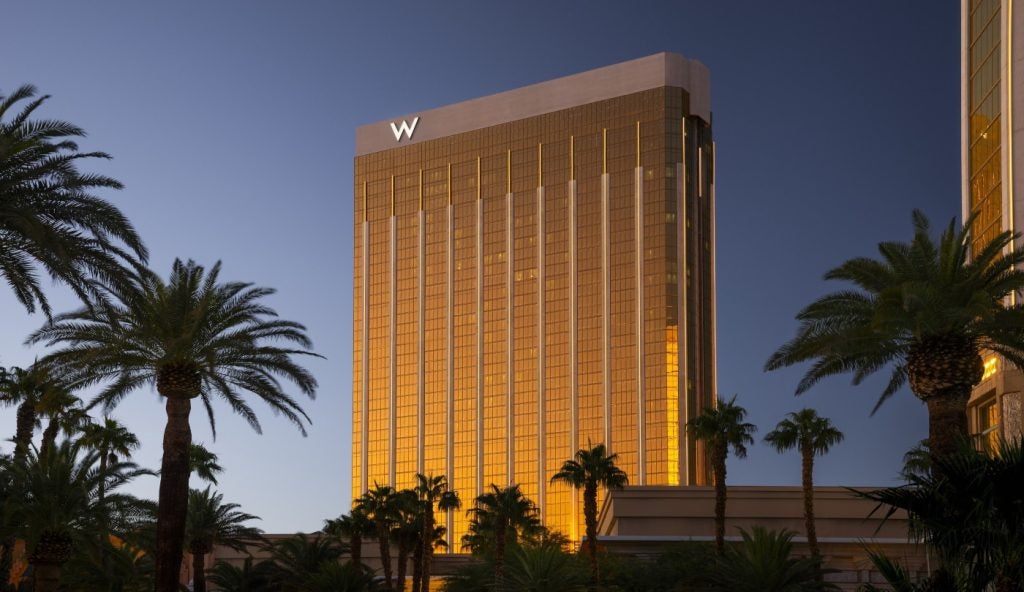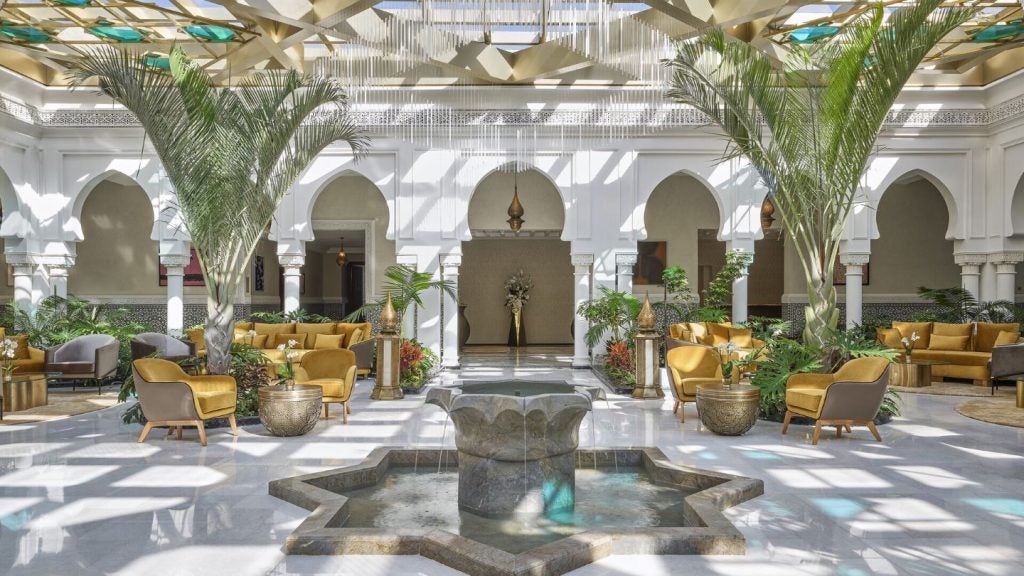
The World Cup has been used as a catalyst for change, elevating South Africa’s global stature and turbo-charging its tourism development. Hosting such a major event has allowed the country to move quickly and decisively on a wide range of issues and activities that are normally mired in bureaucracy. It also provided a rigid deadline for infrastructure developments, including renovated and newly built airports, world-class stadiums, upgraded harbours, and investment in roads and railways. During the tournament, South Africa has showcased its revamped tourism product and highlighted its attractions to hundreds of millions of international television audiences.
Looking back to 2009, South Africa’s tourism industry showed some resilience despite a contracting economy.
According to South Africa Tourism, tourist figures bucked the global trend by rising 3.6% to 9.9 million. This heightened interest in tourism has been noticed by hotel developers; 15 hotels, or 2,242 rooms, opened last year, according to Lodging Econometrics.
Unfortunately, the increase in visitors did not outweigh the increase in hotel room supply, resulting in a 13.3% decline in occupancy. Hoteliers did not fall into the discounting trap, however, and average room rates grew 5% to R835.
This increase was not strong enough to keep RevPAR out of the red and it fell 9% to R494. According to the most recent STR Global data, this trend has continued into Q1 2010 with occupancy declines outweighing increases in average room rates. This trend has been bolstered by the influx of hundreds of thousands of football fans.
When Germany held the World Cup in June 2006, RevPAR went up 35.6% during the month.
How well do you really know your competitors?
Access the most comprehensive Company Profiles on the market, powered by GlobalData. Save hours of research. Gain competitive edge.

Thank you!
Your download email will arrive shortly
Not ready to buy yet? Download a free sample
We are confident about the unique quality of our Company Profiles. However, we want you to make the most beneficial decision for your business, so we offer a free sample that you can download by submitting the below form
By GlobalDataHowever, results varied by city and day, and some hoteliers did not see performance improve apart from on match nights. At the successful end of the spectrum, Berlin posted a 1,000% RevPAR growth on the night of the final when France lost against Italy on penalties.
However, Germany’s performance during the World Cup may not be the best benchmark because the backdrop is altogether different this time around, with distance dictating a longer stay for supporters.
Off-side
As with past global sporting events, the run up to the 2010 World hoteliers and airlines subject to controversy over rumours of price hyperinflation for accommodation and transportation. Concerned that price gouging would discourage repeat visits, Southern African Tourism Update put together a campaign nicknamed Good Guys aimed at rewarding service providers who didn’t increase their prices, with additional coverage in its tour organiser newsletter.
Either way, the tournament has offered a great opportunity to bring hotel performance out of the red, at least in the short term. However, with ten hotels, or 1,525 rooms, expected to open this year, it remains to be seen if this growth will be sustained through to the end of December.
Price gouging is not the only hot topic and hosting the World Cup has prompted plenty of debate. Until about a year ago it was questioned whether the country would be ready for the event and rumours spread that it may not take place in South Africa at all.
During the build up, foreign governments kept a close eye on South Africa’s security and logistic plans, a pertinent reminder to the host country of the need to actively manage perceptions regarding its state of readiness. However, with assurances that all the necessary plans were in place, South Africa has taken the chance to dispel stereotypes and enhance its global image.
Beyond the pitch
The benefits of hosting the World Cup have reached far beyond the borders of South Africa and have increased the profile of the continent. GDP growth in Sub-Saharan Africa is forecast to increase 4.3% in 2010. This is way ahead of the developed world and is second only to Asia’s 4.7% growth. Demand for natural resources is driving this growth and Africa, which is rich in oil, minerals and other raw materials, is seeing the business world increasingly turn to it, especially China. This demand is boosting commodity prices and benefitting many sectors, including the demand for hotel rooms.
While the rest of the world saw international arrivals decline last year, Africa witnessed a 5% increase. Never missing a trick, several branded international hospitality companies are already expanding in Africa’s 53 countries. Morocco, South Africa and Nigeria have the largest number of hotel projects in the pipeline.
Sustainable growth
With such a large amount of development taking place in the form of newly built hotels, there is a significant opportunity to adopt sustainable and green practices early. Not only would this protect natural environments in Africa, but the use of alternative energy sources could be engineered to tackle the problem of power shortages and rationing, which are common in some African countries. If this is addressed now, Africa has the opportunity to become the leading continent for sustainable hotel developments.
This opportunity to develop Africa’s tourism industry brings with it a unique set of challenges. Partnering with local developers is important in any foreign project.
However, this concept is even more important in certain parts of Africa because of their diverse, complex and unique cultural attributes. Corruption, disease, civil unrest and political instability are issues that local partners may be more familiar with in some countries and they may be able to assist investors in getting through the associated red tape that may otherwise present a significant obstacle.
In addition, ambiguous and limited information on some African countries has been known to deter investors who follow a pattern to make investments. Investors may need to think laterally and look at investments in another way to fully capitalise on development opportunities.
The World Cup has raised Africa’s profile and hopefully this will spin-off demand in tourism. However, to make sure that new hotel room supply is absorbed for years to come, continued promotion of South African and African tourism is paramount. Alongside this, continuous development in international and intra-regional air routes needs to take place to boost demand.
Who will take the Cup?
With increased demand for goods and services, and the feelgood factor that accompanies this type of event, the World Cup has had a strong commercial impact, giving a wide range of stakeholders a chance to benefit. From sales opportunities at supermarkets to soaring betting shop revenues to the latest iPhone applications, the spin-off business of such a high-profile event is enormous and many industries have tapped into it.
However, the biggest winner in the long-term will be Africa and one of the largest beneficiaries will be South African tourism, as it repositions itself on a new growth trajectory.







